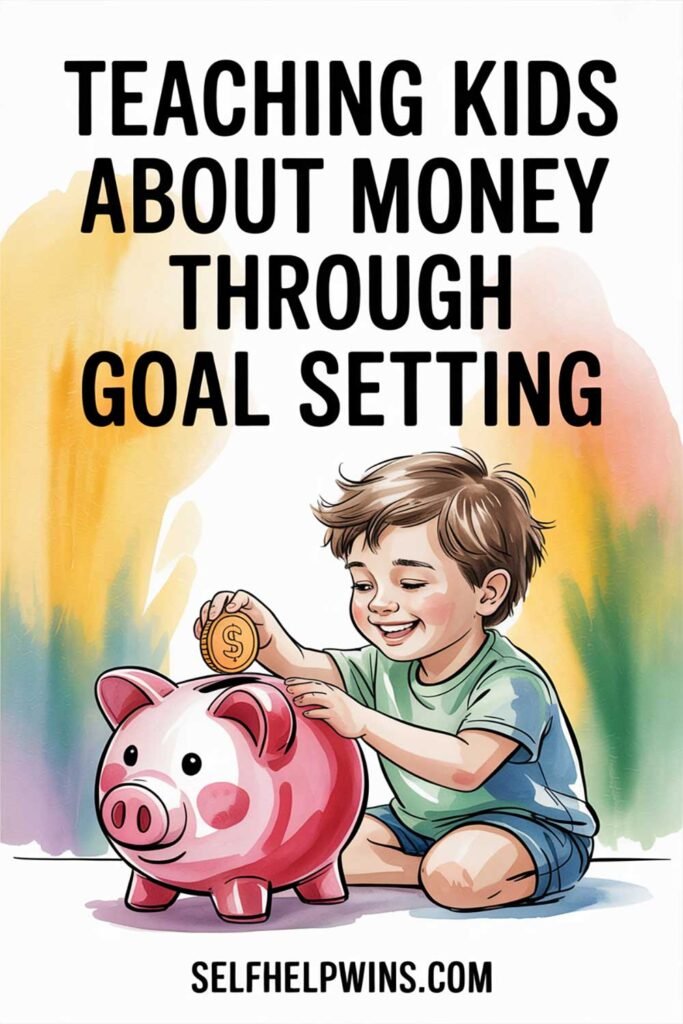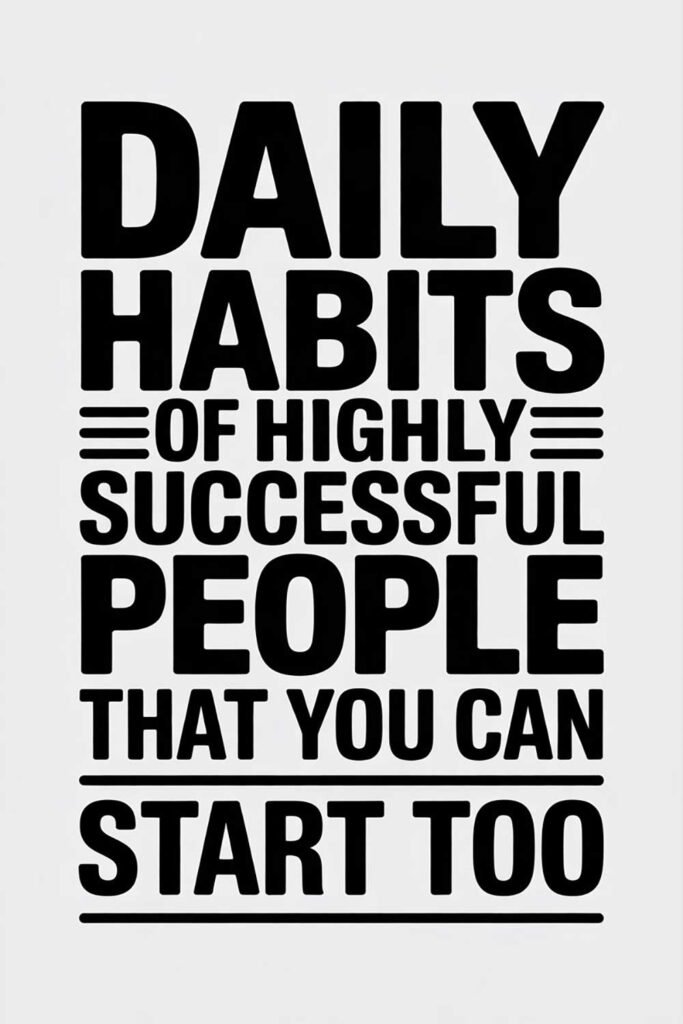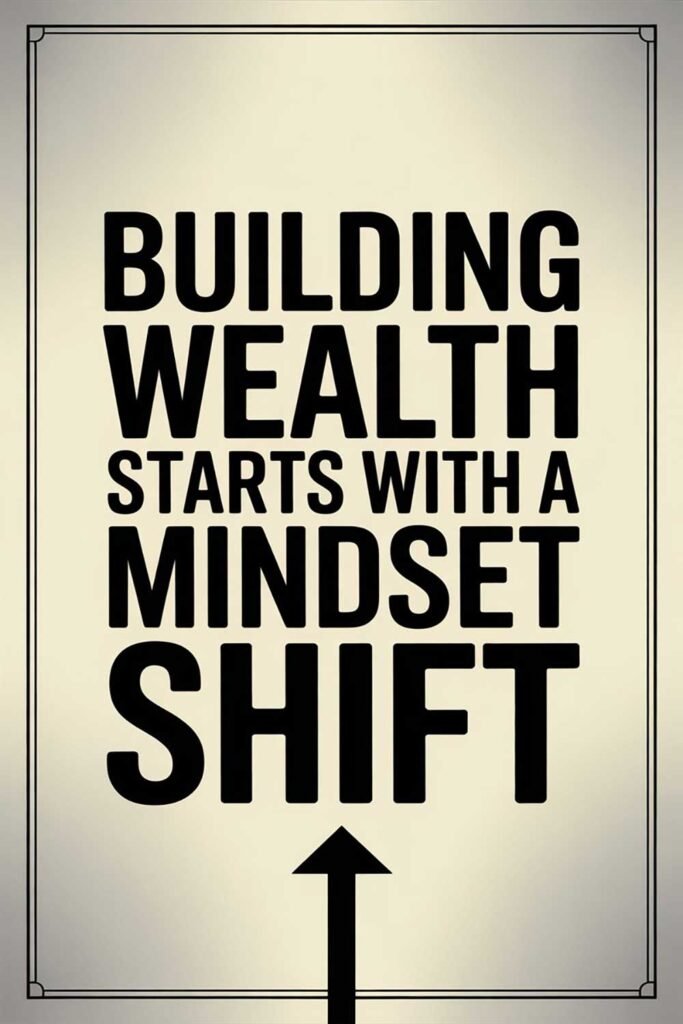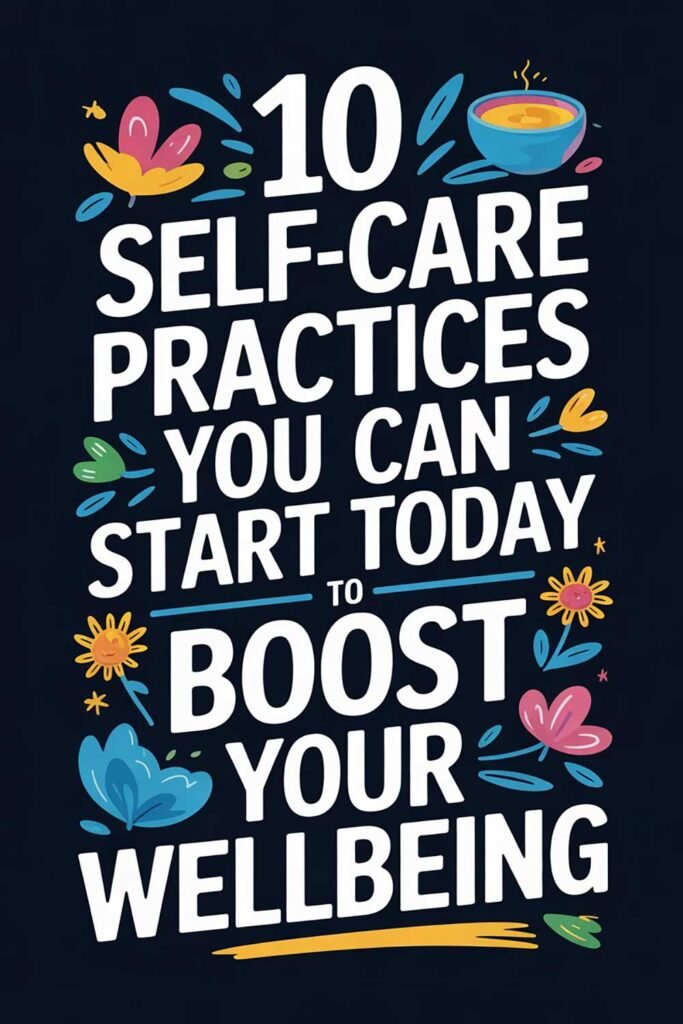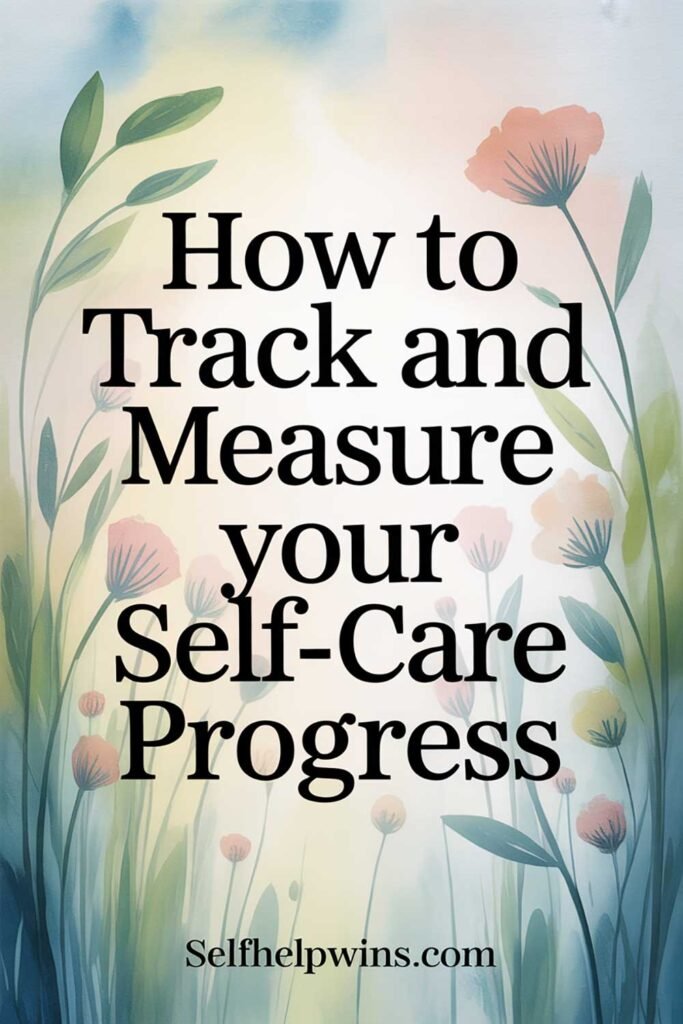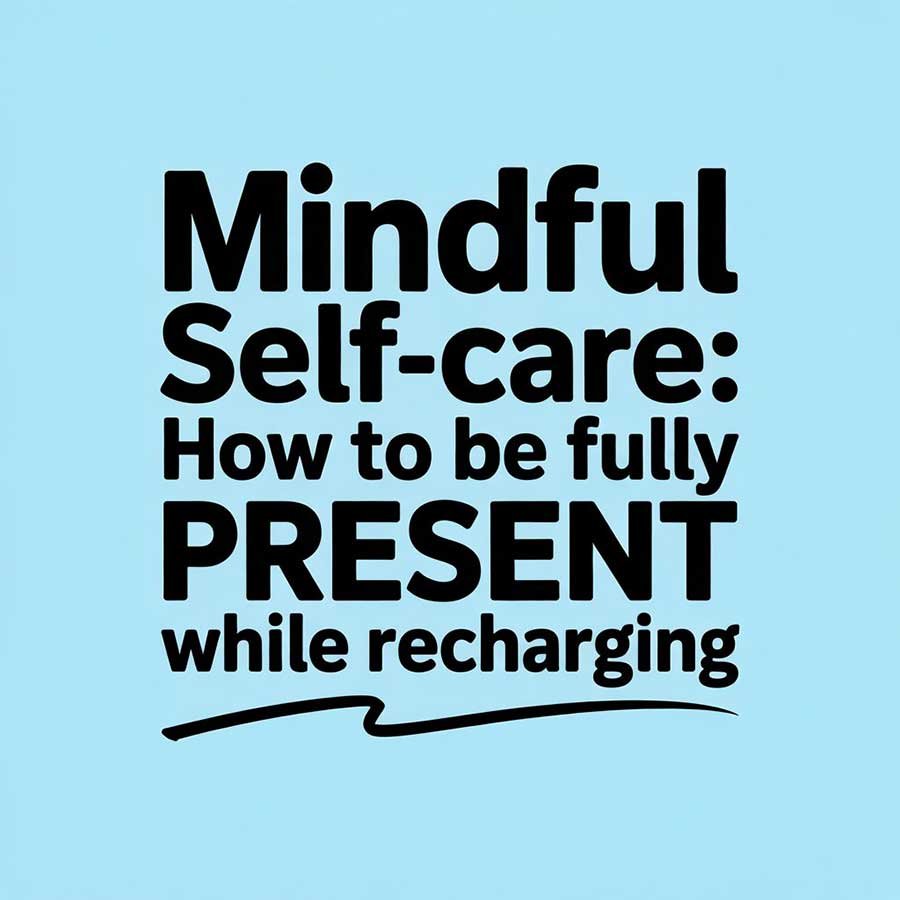
Mindful Self-Care: How to Be Fully Present While Recharging
Self-care is often seen as something we “squeeze in” between busy schedules.
But real self-care isn’t just about checking items off a list — it’s about being present with yourself as you care for your mind, body, and spirit.
Mindful self-care transforms simple actions into powerful moments of healing.
In this article, you’ll discover how mindfulness can elevate your self-care practices and how being fully present during self-care can recharge you on a deeper level. Let’s dive in!
What Is Mindful Self-Care?
Mindful self-care is the practice of intentionally focusing your full attention on yourself during self-care activities — rather than going through the motions while distracted.
It means:
- Savoring your morning tea, not scrolling your phone
- Feeling your body move during a stretch, not rushing to finish
- Breathing deeply during a walk, instead of mentally reviewing your to-do list
When you are present, even simple acts of self-care become richer, more restorative, and more transformative.
Why Mindful Self-Care Matters
Mindful self-care offers deeper benefits than traditional “autopilot” self-care:
- Reduces stress more effectively
- Strengthens emotional resilience
- Increases feelings of joy and gratitude
- Helps you build a better relationship with yourself
- Creates lasting inner peace
You stop just “doing” self-care — you start truly experiencing it.
1. Slow Down Your Movements
Mindfulness begins with slowing down. Move through your self-care rituals intentionally — whether it’s washing your face, applying lotion, or stretching.
Real-Life Example:
Maria turned her nighttime skincare routine into a mini-meditation. Instead of rushing, she focused on the texture and scent of her products. Over time, her nightly routine became one of her favorite parts of the day.
2. Tune into Your Senses
Bring all five senses into your self-care activities:
- Notice the warmth of the water during a shower
- Savor the taste and texture of healthy foods
- Listen carefully to calming music or nature sounds
Real-Life Example:
When Steve started paying attention to the sounds of birds on his morning walk instead of listening to news podcasts, he found his walks much more rejuvenating and peaceful.
3. Set an Intention Before You Begin
Before starting any self-care activity, pause and set a simple intention like:
- “I am here to recharge.”
- “I give myself permission to rest.”
- “I deserve this time for myself.”
Real-Life Example:
Lucy set a daily intention before her yoga sessions: “I am grounding myself in peace.” Over weeks, her sessions felt deeper and more meaningful.
4. Breathe Deeply and Often
Breathing is your anchor to the present moment.
Throughout your self-care activities, consciously return to your breath to deepen your experience.
Real-Life Example:
James, who struggled with chronic anxiety, added 5 minutes of deep breathing before bed. After a month, he reported better sleep and less tension overall.
5. Let Go of Multitasking
It’s tempting to scroll your phone while soaking in the tub or mentally plan tomorrow while journaling — but multitasking robs you of the restorative power of self-care.
Real-Life Example:
Amanda decided to leave her phone in another room during her evening bath. She noticed she felt truly relaxed for the first time in months.
6. Create a Sacred Space
Even a small, dedicated space for self-care (like a cozy chair, a candle-lit bathroom, or a sunny corner) can signal to your mind: This is time to be present.
Real-Life Example:
David created a tiny “self-care nook” in his apartment with a comfy chair, a lamp, and his favorite books. Sitting there became his favorite mindful ritual.
7. Reflect Afterwards
After any mindful self-care activity, take a moment to check in:
- How do I feel right now?
- What shifted inside me?
- What am I grateful for in this moment?
Real-Life Example:
Melissa spent 2 minutes journaling after her meditation sessions. Over time, she gained incredible insight into her emotional patterns and triggers.
20 Inspirational Quotes About Mindful Self-Care
1. “Mindfulness means being awake. It means knowing what you are doing.” — Jon Kabat-Zinn
2. “Self-care is giving the world the best of you, not what’s left of you.” — Katie Reed
3. “The best way to take care of the future is to take care of the present moment.” — Thich Nhat Hanh
4. “Every act of self-care is a powerful declaration: I am on my side.”
5. “Presence is the key to deep, healing self-care.”
6. “Taking care of yourself means loving yourself enough to be fully here.”
7. “Self-care is not a luxury — it’s a practice of survival.”
8. “Breathe in peace. Breathe out tension.”
9. “You are the sky. Everything else — it’s just the weather.” — Pema Chödrön
10. “Small moments of presence lead to major shifts in wellbeing.”
11. “Self-care is an act of mindfulness in motion.”
12. “You cannot serve from an empty vessel.”
13. “Your calm mind is the ultimate weapon against your challenges.”
14. “Savor the small things. They are not small.”
15. “Healing happens when we slow down enough to feel.”
16. “The quieter you become, the more you can hear.”
17. “Self-care starts with self-awareness.”
18. “Your attention is your most precious resource. Spend it wisely.”
19. “Presence turns ordinary moments into sacred ones.”
20. “In a world that rushes, choosing stillness is revolutionary.”
Picture This
Imagine a life where every small act of self-care fills you with peace and energy.
You savor your morning coffee.
You breathe deeply during your evening walk.
You rest without guilt, laugh without distraction, and connect with yourself on a soul-deep level.
You live each day fully present — and your entire life feels more alive.
What could change for you if you embraced mindful self-care starting today?
Share This Article
If this article touched your heart, please share it with someone you care about — a friend, coworker, or loved one who could benefit from embracing the life-changing power of mindful self-care. Every shared spark lights up the world!
Disclaimer
This article is for informational purposes only and is based on personal experiences and insights. It is not intended to replace professional advice. Always consult with a healthcare professional before making any major lifestyle changes or decisions regarding your mental, emotional, or physical health. Results may vary.

